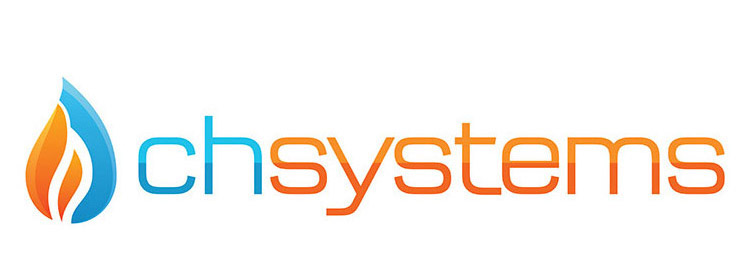Energy consumption remains low as businesses face lockdown
As many businesses face yet another lockdown it comes as no surprise that energy consumption in the UK remains low as Covid-19 restrictions affect economic output, leisure, and travel – as reported by the Department for Business, Energy & Industrial Strategy.
Whilst consumption has trended upwards since the record low in May it is still substantially below the same quarter of 2019.
Energy requirements for industrial use and services (shops, restaurants, offices etc.) are both down nearly 10 per cent on last year but the most notable fall is in transport demand, down 30 per cent. In particular, air transport demand has been affected, and is down nearly two-thirds on last year. It will certainly be interesting to see how this statistic fares in the first quarter of 2021, as the world isolates England to prevent the spread of the mutated coronavirus.
Covid-19 disruptions have resulted in a drop in oil and gas production. Coal production reached another record low and electricity generation from coal was down nearly 30 per cent on the same period last year, and now comprises just 0.7 per cent of total generation.
It’s always good to look on the bright side in the midst of a pandemic and economic recession, and the good news is that business energy bills should be lower and the environment slightly greener.
If you’d like to know more about how hydrogen boilers work, check out Boilerguide.co.uk or feel free to contact the CH Systems team on 0208 302 8149 or info@chsystems.cc for all your energy related questions.


